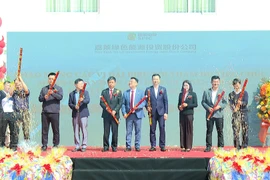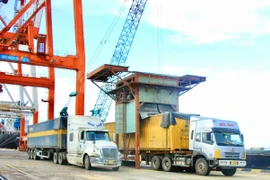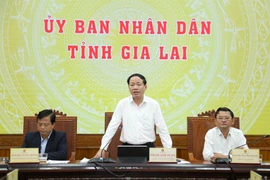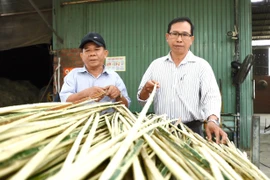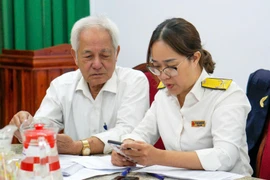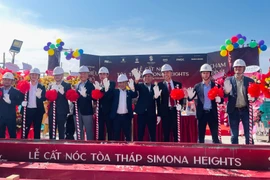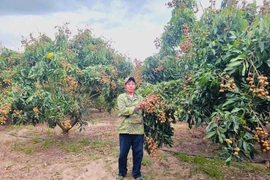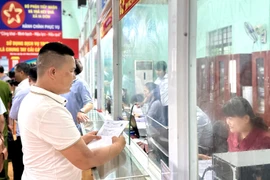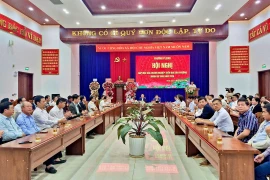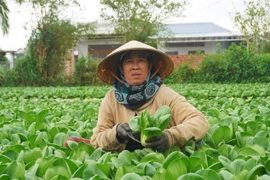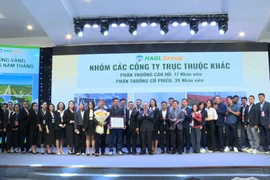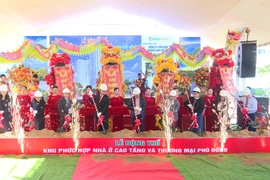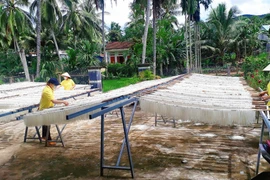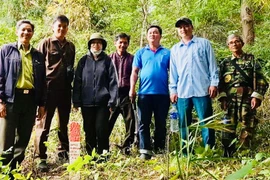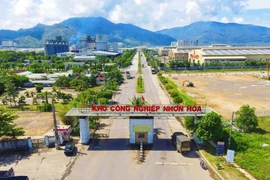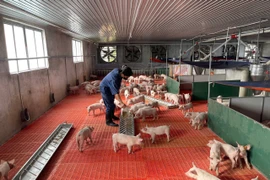Major telecommunications providers including VNPT, Viettel, and MobiFone are actively expanding infrastructure across the province.
Viettel, which already covers 99% of the population with 4G and operates 72 5G stations, will add 569 more from October, extending coverage to border communes for both economic and security objectives.
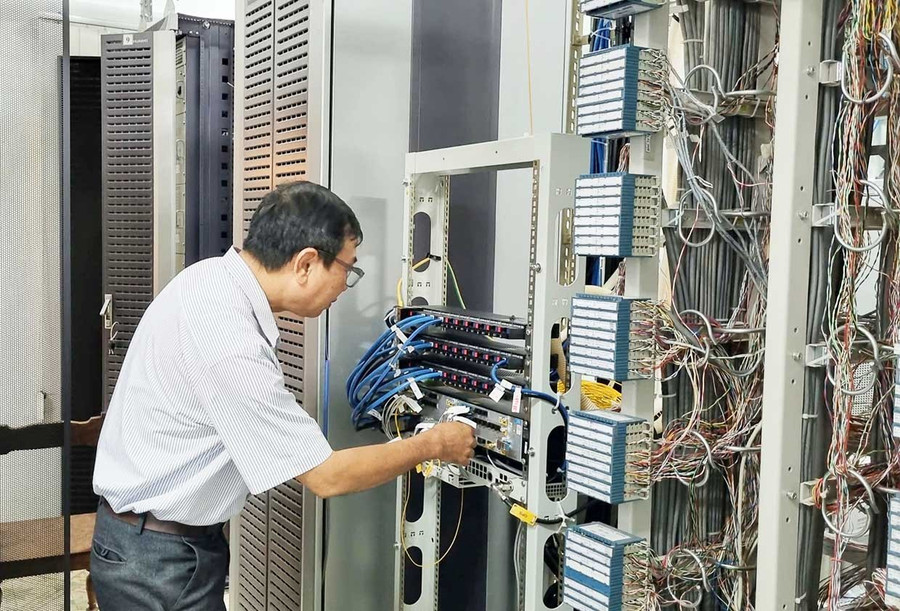
VNPT has deployed more than 20 5G base stations and plans to install over 350 additional stations by early 2026, targeting 99% population coverage.
According to the Provincial Party Committee and People’s Committee, priority areas for 5G deployment include industrial zones, innovation hubs, hospitals, schools, and key tourist destinations.
“This aims to meet demand for high-tech applications in critical sectors and accelerate the process of comprehensive digital transformation,” said Huynh Ho Hoai Nam, Deputy Director of the Department of Science and Technology.
The province sees 5G as a driver across multiple sectors:
*Industry: enabling smart manufacturing and real-time production monitoring.
*Agriculture: supporting IoT-based irrigation and crop management.
*Healthcare: facilitating telemedicine, electronic records, and integrated treatment.
*Education: powering smart classrooms and enhancing online learning.
*Tourism: advancing smart tourism and visitor experiences.
*Public administration: strengthening e-government services.
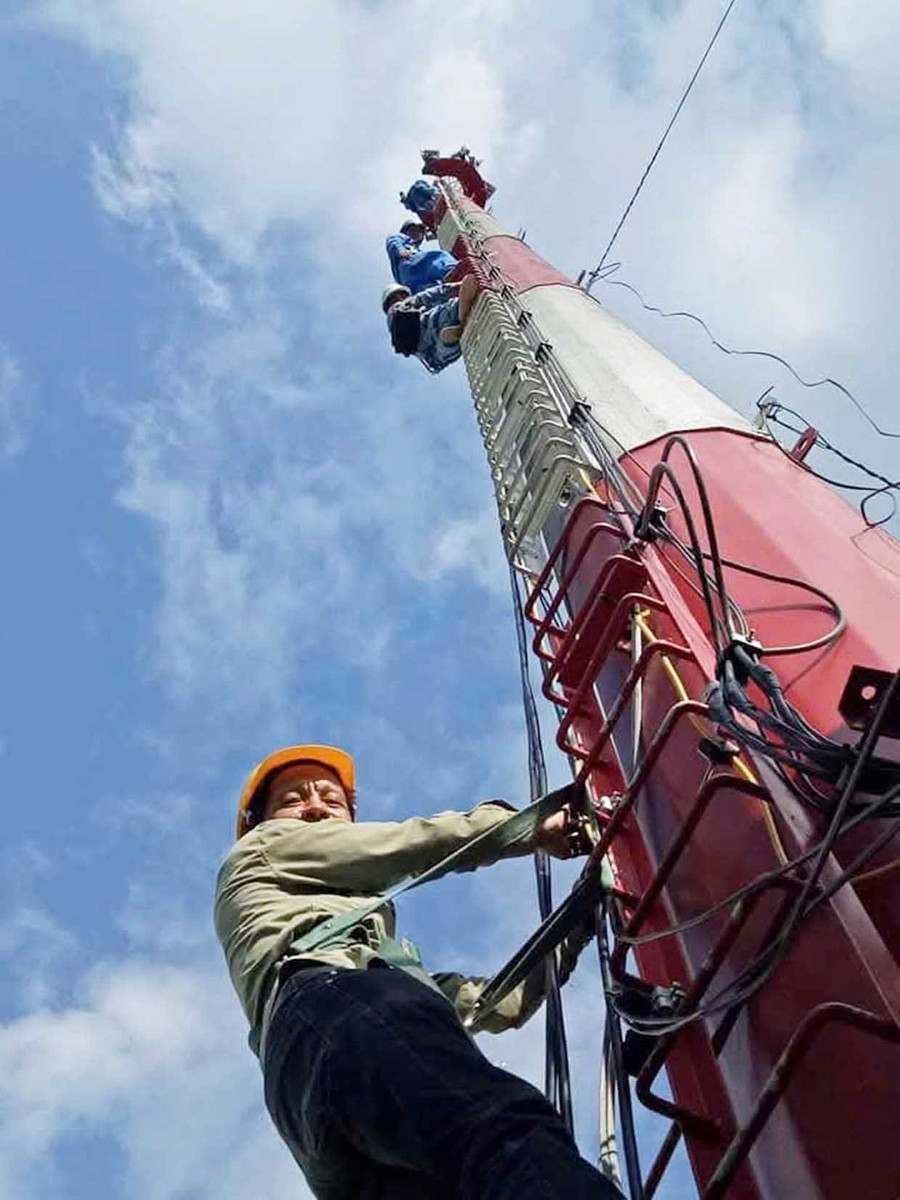
At the International Center for Interdisciplinary Science and Education (ICISE), 5G connectivity has already enhanced international collaboration and conference quality.
Despite progress, challenges remain. Rural areas, production zones, and high-tech applications still face limited coverage.
The Department of Science and Technology has urged telecom operators to speed up deployment, with the goal of reaching 100% coverage in commune centers, industrial parks, hospitals, schools, and transport hubs by the end of 2025.
On September 11, 2025, the Gia Lai Provincial People’s Committee and Viettel Group signed a cooperation agreement for 2025 - 2030.
The deal commits to ensuring universal broadband access with speeds of at least 1 Gbps, and to developing digital solutions for education, healthcare, e-government, and workforce training.
With coordinated efforts from telecom enterprises, local authorities, and residents, Gia Lai aims to become a digital transformation leader in Vietnam’s Central Highlands.












